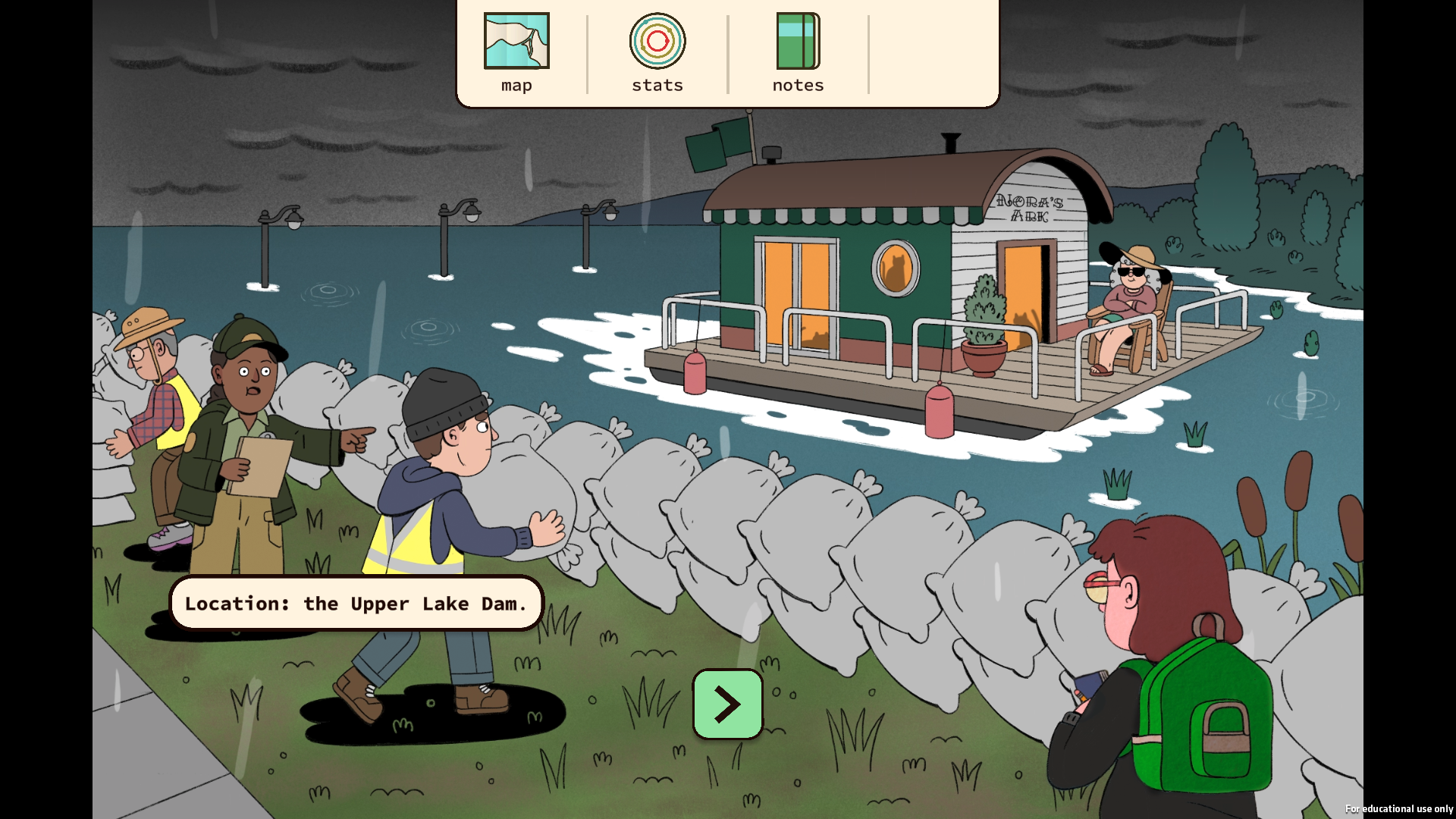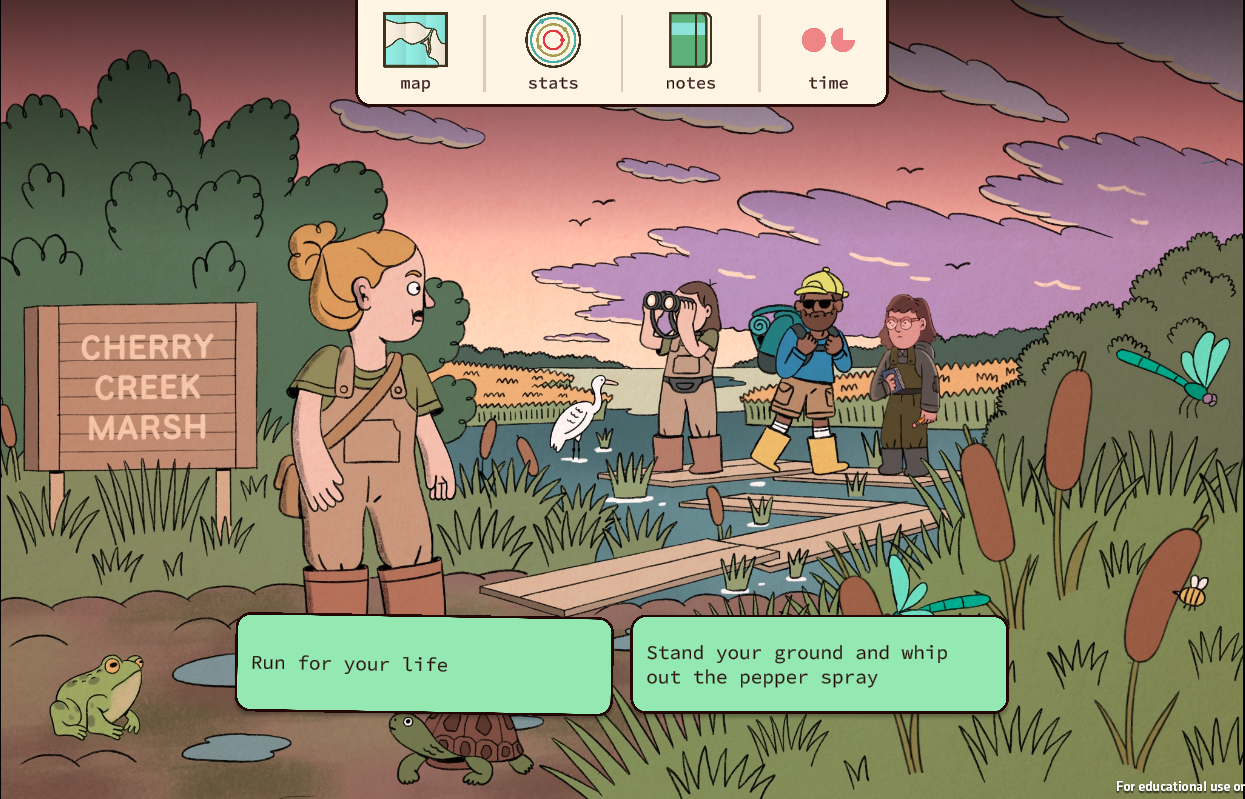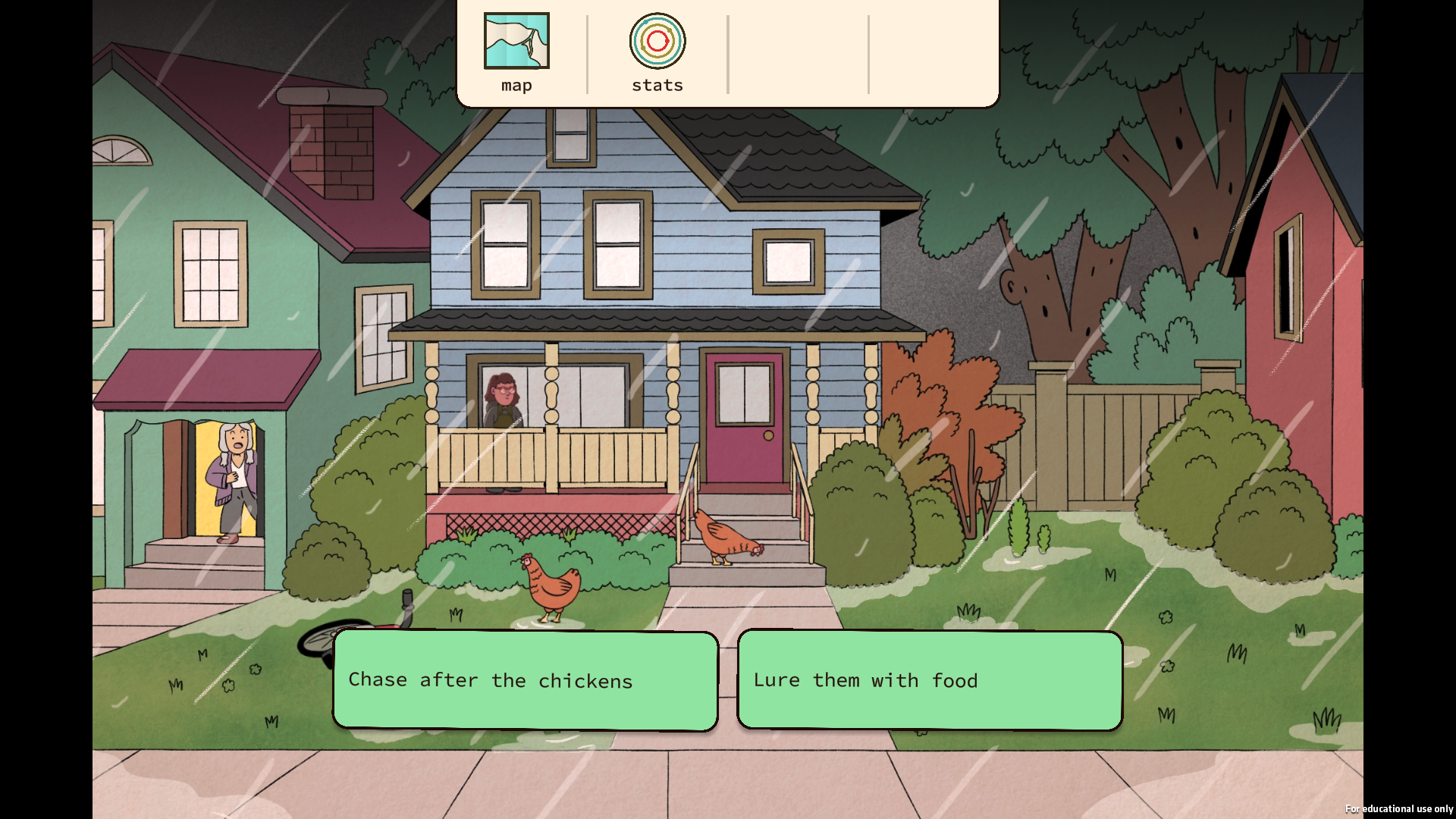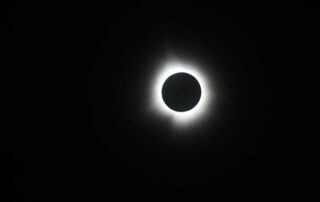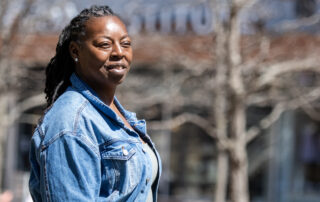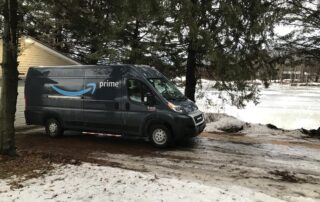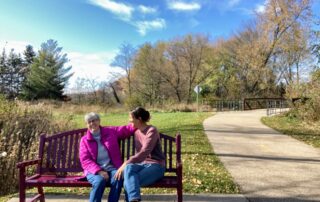We live in a time when fake news permeates social media feeds and partisan coverage blasts through some cable news channels. Teaching media literacy can help people wade through the disinformation and become critical news consumers. As Christina Lieffring tells us, a video game created by UW-Madison’s Field Day Labs aims to teach students to become more media literate and what it takes to be a journalist.
==
Being a newbie reporter at a newspaper is a tough job. Just ask freshman Angel O’Brien Weber.
“I was fired for assaulting a crane,” O’Brien Weber said. “It was either spray it with pepper spray or run.”
“Why would you get fired for that?” senior Lindsay Whiting asked her deskmate.
“Because I had to go to court because it was very illegal,” O’Brien Weber says. “The last thing it said was, ‘Good luck with 60 days of mandatory community service.’”
To be clear, O’Brien Weber was not fired and no cranes were assaulted. She and her classmates in Carolyn Spoerl’s speech class at Marshfield High School are playing “Headlines and High Water.” It’s a computer game by Field Day Labs, a game studio and educational research lab based in University of Wisconsin- Madison’s School of Education’s Wisconsin Center for Education Research. Players guide El Benjamin through her day as a rookie reporter at the fictional “Twin Lakes Gazette.” The city has flooded on the day of the Cherry Festival, and El has a limited amount of time to report and turn in stories about the flood and its impact on Twin Lakes.
Similar to “Choose Your Own Adventure,” students, like senior Jesus Mireles, decide whether El Benjamin helps her neighbor catch her loose chickens…
“I lured them with food, which is pretty smart by the way,” Mireles said.
…Where to go and who to talk to. In freshman Sara Sharma’s case, she got stuck on the phone with the town busybody, Fred.
“He told me about his stupid cat for 45 minutes,” Sharma said.
The goal is for students to turn in, hopefully, good stories on time to El Benjamin’s boss.
Field Day Labs creative director Sarah Gagnon said, initially, journalists in the game were given budgets.
“And all the journalists that we talked to immediately reacted like, ‘We don’t have money,’” Gagnon said. “‘We have time. Our currency is time.’”
So, the game developers switched gears.
Early decisions in the game affect outcomes later on. If El eats breakfast, she has better endurance. If she socializes, her interactions with people later on are more fruitful.
“You need to have endurance if you have to stay up really late or you have to have tech skills, or you have to be able to earn people’s trust,” said Gagnon.
Whiting learned at least one valuable trick of the trade: “Food is the way to their hearts. If you bring them food, they’ll tell you stuff.”
But all students, at some point, run out of time.
“One thing that is really funny during all the testing with kids is that it makes them so angry when people won’t talk to them, because they don’t have enough trust,” Gagnon said. “Or they feel like it’s very unfair when they run out of time. I’m like, ‘Oh, I’m sure journalists feel that way too.’”
The players also have to find the right balance between facts, anecdotes that add color, and pictures.
Freshman Jo Nyman turned in a breaking news story that was all photos and is now working on an article on flooding and wetlands.
“I don’t think my entirely picture article would have flown for the science one,” Nyman said. “That one required more factual evidence. If it’s a science article, it should not just be pictures.”
The bigger goal is to get young people to think about news and its quality, beyond whether it’s real or fake.
“News isn’t perfect or fake,” Gagnon said. “It’s always going to be critique-able, and something that we have to be questioning and engaging with.”
Nyman came away thinking about credibility and the quality of information.
“Some sources are definitely not credible,” Nyman said. “Sometimes you have to fact check what other people say. So if someone says something and you’re not quite sure about it, you have to go and check other people just to make sure that it’s a good quality quote.”
Hopefully, “Headlines and High Water” will also get some students to think about maybe becoming a journalist one day. But not Mireles.
“I don’t like this job. I’m quitting,” Mireles said. “I’m going back to farming. I don’t like this job. I hate it.”
Even if these students end up being farmers, teachers, or anything other than a journalist, hopefully they come away from this game understanding and appreciating the work journalists do, to not only get the story, but get the story right.
